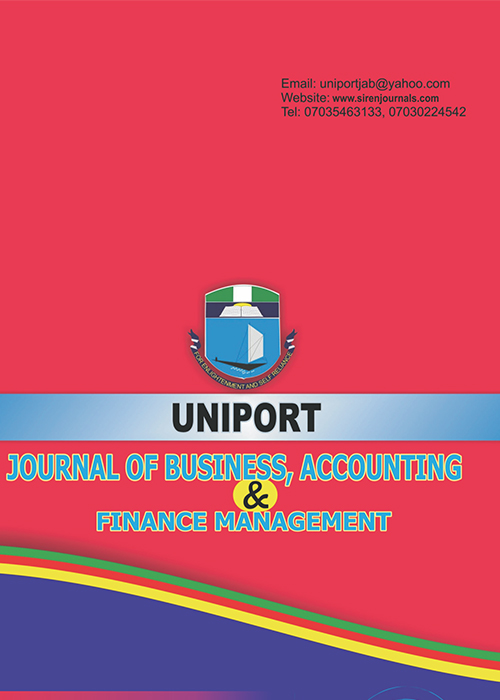2025
Vol. 16, No. 3
Artificial intelligence has had its role on accounting practices such as; cost
efficiency, accuracy and error reduction in private organizations. This study
examines the integration of Artificial Intelligence (AI) into accounting practices
within medium and large private organizations in Rwanda, highlighting its impact
on efficiency, accuracy, and associated challenges. Focusing on 149 organizations
sampled out of 243 organizations targeted, the research reveals that AI adoption
is universal (100%), with technologies such as Robotic Process Automation (RPA),
Machine Learning (ML), and Natural Language Processing (NLP) widely
implemented. Their applications include data entry (95.7%), transaction
processing (92.1%), reconciliation (88.6%), and financial analysis (85%). The
findings demonstrate notable benefits: operational efficiency improved through
cost reductions ranging from 10% to 50%, error minimization, reduced
duplication, and enhanced compliance. Furthermore, AI adoption enabled staff
redeployment toward more strategic, value-adding tasks. Nevertheless,
organizations face significant challenges. High implementation costs (78.6%),
shortages of skilled personnel (72.9%), data security concerns (65%), and
inadequate infrastructure (59%) emerged as critical barriers, alongside regulatory
uncertainty. In response, firms employed strategies such as phased AI integration,
specialized staff recruitment, workforce training, and the establishment of data
protection policies. The paper underscores the need for broader support
mechanisms, including access to local AI service providers, financial incentives,
and capacity-building initiatives. Overall, the research confirms that AI enhances
both operational and strategic accounting functions in Rwanda, while stressing
the importance of addressing financial, technical, and regulatory limitations to
fully realize its potential. The study recommends that organizational leaders
should develop structured AI adoption strategies aligned with business goals and
resources; policymakers should introduce incentives such as tax relief and grants;
and educational institutions should strengthen AI literacy and practical
accounting applications.
HAZABIMANA CALLIXTE, OBIORA PETERS EMEKA
